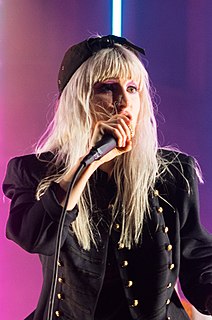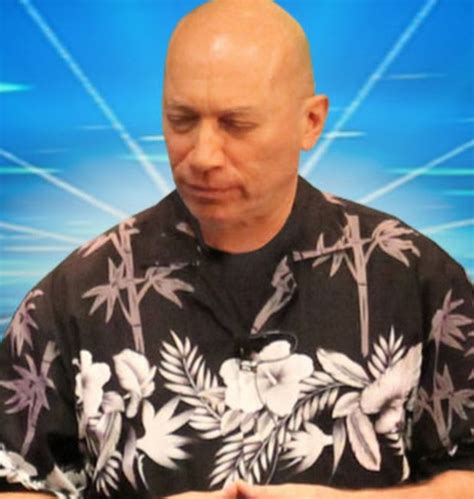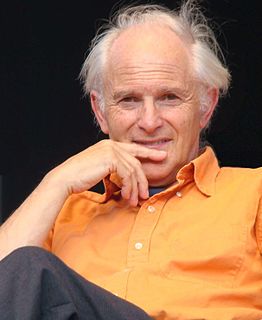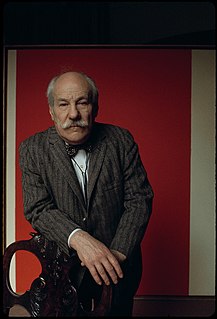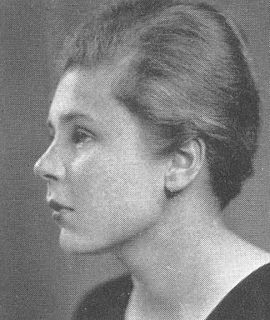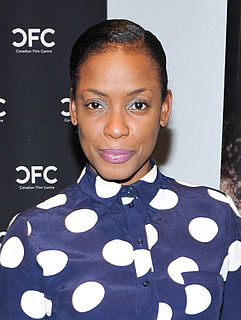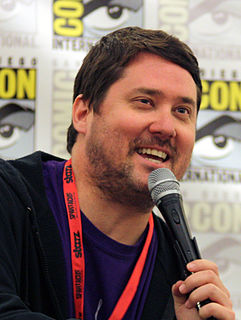A Quote by L.A. Paul
I argue, based on metaphysical and physical considerations, that we should think of the fundamental parts of the world as a mix of intrinsic natures, rather like a paint-pot filled with a rainbow of colors, loosely mixed to give a richly varied, spatiotemporally inseparable, spread of qualities, and that this mixture is what gives rise to ordinary reality.
Related Quotes
We have reversed the usual classical notion that the independent "elementary parts" of the world are the fundamental reality, and that the various systems are merely particular contingent forms and arrangements of these parts. Rather, we say that inseparable quantum interconnectedness of the whole universe is the fundamental reality, and that relatively independent behaving parts are merely particular and contingent forms within this whole.
When the sunlight strikes raindrops in the air, they act like a prism and form a rainbow. The rainbow is a division of white light into many beautiful colors. These take the shape of a long round arch, with it’s path high above, and it’s two ends apparently beyond the horizon. There is, according to legend, a boiling pot of a gold at one end. People look, but no one ever finds it. When a man looks for something beyond his reach, his friends say he is looking for the pot of gold at the end of the rainbow.
The energy you give off based on your beliefs... your emotions... your behavior... the vibrational frequency you give off is what determines the kind of reality experience you have... because physical reality doesn't exist except as a reflection of what you most strongly believe is true for you. That is all that physical reality is. It is literally like a mirror.
Three principles - the conformability of nature to herself, the applicability of the criterion of simplicity, and the utility of certain parts of mathematics in describing physical reality - are thus consequences of the underlying law of the elementary particles and their interactions. Those three principles need not be assumed as separate metaphysical postulates. Instead, they are emergent properties of the fundamental laws of physics.
Science is based solely on doubt-based, disinterested examination of the natural and physical world. It is entirely independent of personal belief. There is a very important, fundamental concomitant - that is to accept absolutely nothing whatsoever, for which there is no evidence, as having any fundamental validity.
America gave the world the notion of the melting pot - an alchemical cooking device wherein diverse ethnic and religious groups voluntarily mix together, producing a new, American identity. And while critics may argue that the melting pot is a national myth, it has tenaciously informed the America's collective imagination.
I think we create our world through stories. We use storytelling to escape or protect ourselves from the unimaginable and the horrible - from the real, in a way. It's like white light - if you put everyday reality through a prism you get this rainbow of colors that you couldn't see before. I'm interested in exploring the world to show the things that are invisible. And not just undocumented aspects of reality, but to actually make manifest things that have been hitherto invisible through the intervention of filmmaking.
I caught a tremendous fish
and held him beside the boat
half out of water, with my hook
fast in a corner of his mouth.
He didn't fight.
. . . . . . . . . . . . . . . . . . . . . . . . .
I stared and stared
and victory filled up
the little rented boat
from the pool of bilge
where oil had spread a rainbow
around the rusted engine
to the bailer rusted orange,
the sun-cracked thwarts
the oarlocks on their strings,
the gunnels-until everything
was rainbow, rainbow, rainbow!
And I let the fish go.
Since my act is a goofy reflection of what's going on in my life, I started doing pot jokes, and I noticed that audiences invariably love pot jokes. Even people who don't smoke pot think it's a funny subject. So when I started getting laughs, I started doing more material about it. When people come to see my shows, there are a lot of stoners in the audience, but there are also a lot of people who just like me. So I try to give a healthy mix, where people aren't going "There are too many jokes about pot!" or "There's not enough jokes about pot!"



